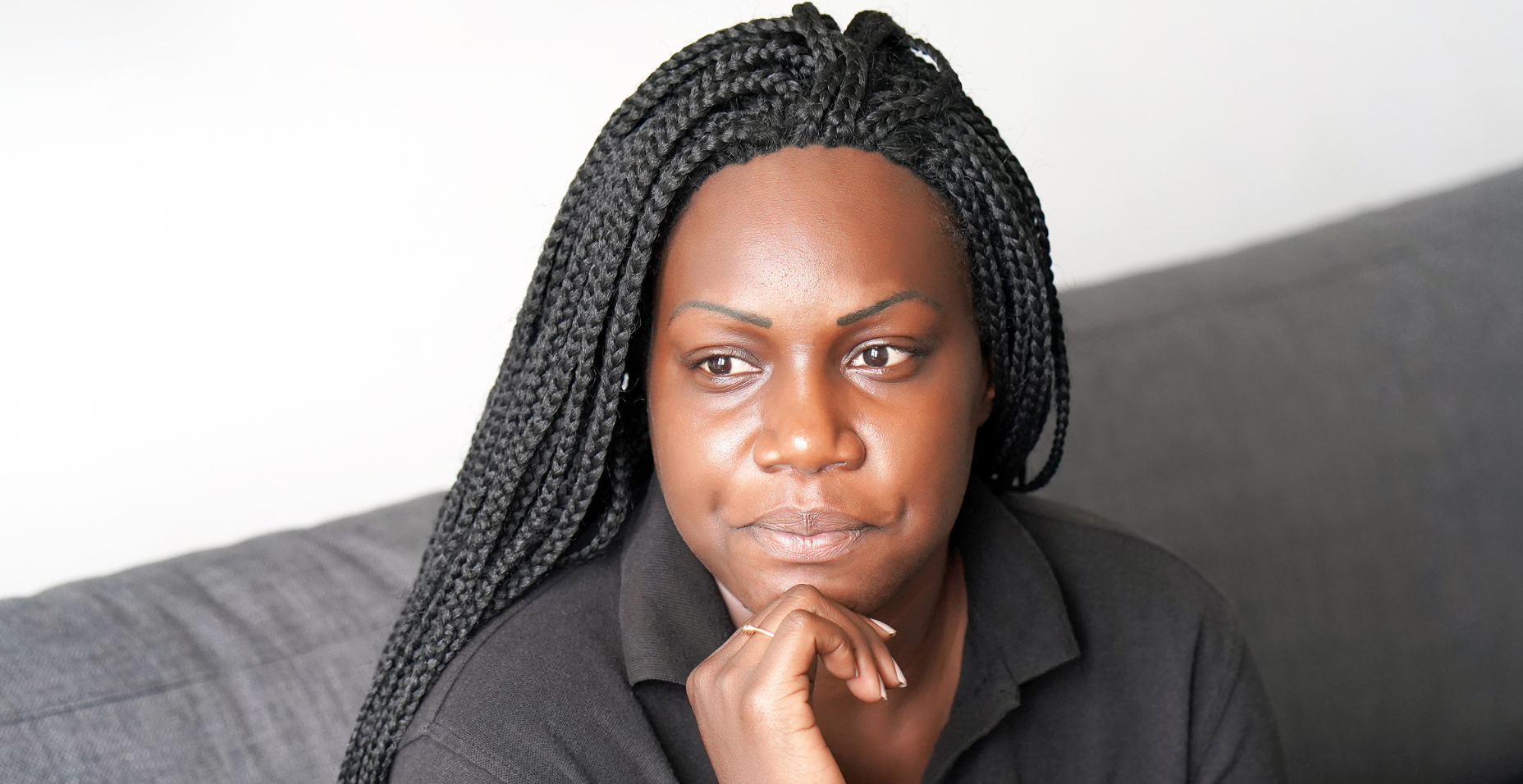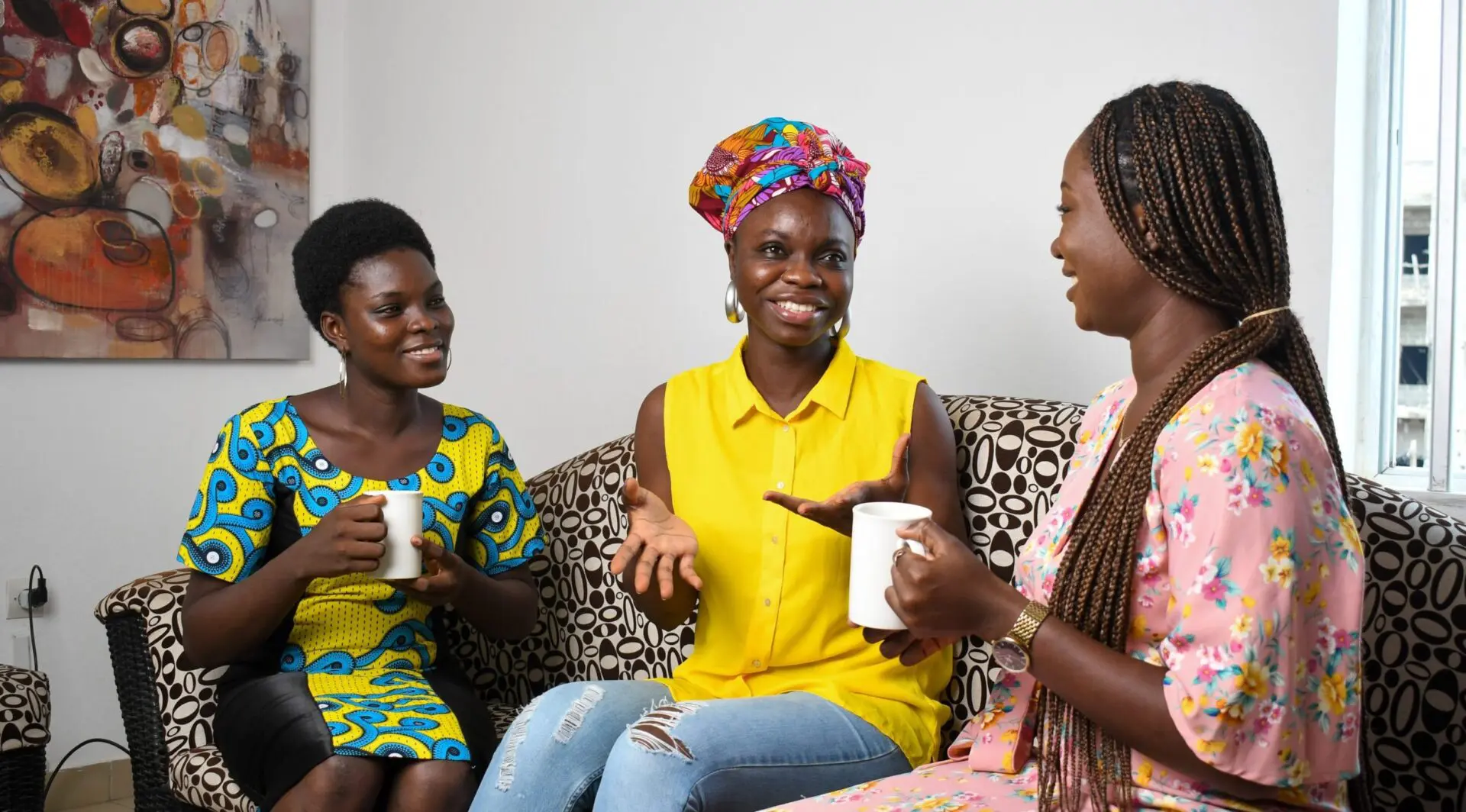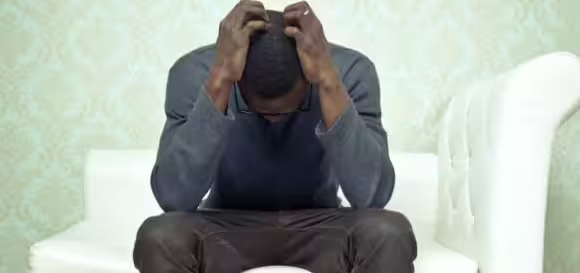Grief is an emotional reaction to loss and when ignored its impact can have a lasting effect.
Moving past the pain of losing someone you cherish in a healthy and meaningful way can be challenging. Feelings of hopelessness, sadness, guilt, anger, and fear can overcome you when grieving a loss. When these feelings are left unmanaged, they can turn into more severe concerns. Depression, anxiety, physical illness, and even suicidal thoughts often arise when grief is not adequately managed. Coping with grief is essential to express the pain constructively, such as by journaling or talking with supportive persons such as friends or family members. Grievers might also speak with a mental health professional to help navigate this often-challenging emotional process.
In this blog, we intend to highlight the grief experiences of those who identify as Black or African American. Because culture influences how we engage with the world, it is essential to acknowledge how culture influences the emotional process of loss. Since grief theory has relied on the study of white culture, we must take notice of the effects of grief that can be incredibly profound in the Black community. Many Black folx have faced historical and systemic oppression, making it difficult to find solace or comfort in times of loss.
Although this blog primarily focuses on grief and loss through death, grief can be experienced following any loss, such as losing a job, a change in health status, or loss of safety.

What Makes Black Grief and Loss Unique?
Grief in the Black community has historically been handled differently than in other communities. Many African Americans had to process death without the full benefit of mourning and grieving due to the oppression we have faced throughout history. As a result, we have learned to cope with losing loved ones in a unique manner and might not process grief as a means of survival. Such coping strategies lead to long-term problems for many in the Black community that are not recognized as the result of unprocessed grief.
Black people are also more likely to suffer from traumatic events such as discrimination or police brutality. These factors can add another layer of pain that other communities may not fully understand or face regularly.
Grief can have a significant impact on the Black community. Unfortunately, the effects of racism, discrimination, and systemic oppression can make it difficult to adequately cope with the emotional pain associated with grief.
Cultural expectations may require Black individuals to remain stoic and strong in the face of tragedy, leading them to feel ashamed or embarrassed for expressing grief. This stigma can make it difficult for Black folx to seek appropriate support systems or resources.

Healthy Ways for the Black Community to Connect with Grief and Loss
It is important to resist the temptation to ignore, avoid, or deny the grief that arises following a change or loss. Doing so can lead to more serious mental health concerns and unintended consequences. Grief is a natural part of life but can be especially difficult for members of the Black community.
This can lead to feelings of isolation and despair, as well as perpetuating a cycle of repression that cannot be easy to break. Instead, it is important to acknowledge the pain and permit yourself to grieve in whatever feels right. Additionally, it is crucial to create a support network of friends and family who can provide comfort and understanding during this difficult time.
Embrace Rituals Surrounding Grief and Loss
The Black community must be aware of and embrace the significance of the various cultural practices associated with grief. Many African American communities have specific rituals and traditions that honor the dead and help individuals cope with their loss. Examples include holding a wake, offering food or prayers, hosting a repast, and wearing memorial t-shirts or other celebrations of life. The homegoing ceremony itself is an important send-off that is much more than just a funeral. Y’all have heard the question, “Who did the program?” These activities can help bring comfort and closure in times of sorrow. One must be aware of and respect these practices.
These practices help us to recognize the less talked about positive aspects of grief and loss, such as the opportunity to come together as a community to provide comfort and support. Following her grandmother’s passing, a friend recently shared how exciting it was to see so much family in one place. Particularly those she had not seen in several years. Coming together to express love and appreciation restores our hope and strengthens our connectedness.
Create a Safe Space
Additionally, the Black community would benefit from creating safe spaces where individuals can express their grief without fear of judgment or criticism after the burial. This could include providing access to grief specialists, support groups, and other resources to help people cope in healthy and meaningful ways.
It is possible to embrace grief by engaging in activities such as journaling, meditation, or creating art to express the emotions associated with loss. Finally, it is important to avoid unhealthy coping strategies such as turning to drugs or alcohol, which can lead to further issues.
Get Support with Grief and Loss Counseling in Atlanta, GA
Simplicity Psychotherapy offers a safe place to grieve in grief and loss therapy. Our Black grief specialists cannot make it go away. However, they can support you as you express and process the emotions you experience after a loss. Take these steps to start connecting with grief in a healthy way.
-
-
-
- Contact us and speak to a Black grief therapist
- Make an appointment to get support in grief counseling
- Receiver comfort and understanding as you process your emotions
-
-
Other Therapy Services Offered at Simplicity Psychotherapy in Atlanta, GA
We offer a variety of mental health services for Black men, Black women, and the LGBTQIA+ community. Whether you are in search of individual therapy for anxiety, depression, or trauma. Or relationship support such as premarital counseling or Black couples therapy we are here for you.
Not located in Atlanta, GA? We can provide you with support wherever you are in Georgia with online therapy.
The material provided in this blog post was generated based on a combination of general professional knowledge about the subject matter discussed as well as common practices and recommendations in psychology and healthcare.
Note: While the information above is intended to provide insight as you begin your journey they are not intended to replace the guidance of a trained professional. Exploring these concerns in the presence of a licensed counselor or other licensed professional may provide deeper insight and assist in managing more multifaceted concerns that may arise.

About the Author
Hi, I’m Rayvéne Whatley, a Licensed Professional Counselor practicing in Georgia, Louisiana, and Texas. I’m passionate about empowering people, especially Black men and women, to remove the mask of other people’s expectations and step into their authentic selves.
Much of my work focuses on addressing the impact of racial trauma on mental health. The intersection of identity, systemic stressors, and societal expectations can create layers of anxiety, self-doubt, and emotional pain. I help clients navigate these experiences by reexamining beliefs that no longer align with their goals and replacing them with ones that support their desires and values.
Through my writing, I aim to share insights and resources to help you better understand the connection between racial trauma and mental well-being, while offering tools to reclaim your peace and balance.
Whether you’re here for guidance, validation, or inspiration, I’m glad you’ve found this space.Healing isn’t always easy, but it’s worth it—and you don’t have to do it alone.


